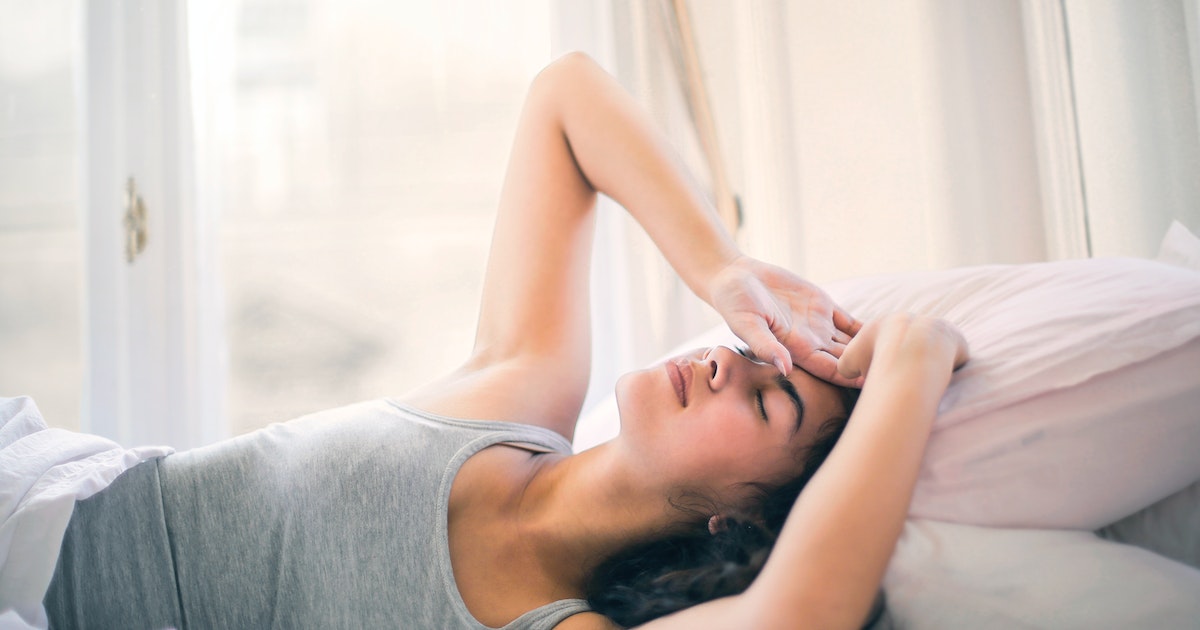Even though the risks of drinking alcohol are well-known, many people still choose to indulge in a glass of wine or a cocktail after a long day of work. People typically do this to unwind and relax, but alcohol isn’t quite the sleep-promoter you may think. While drinking heavily certainly has its effects, even a drink or two can interfere with a healthy sleep cycle.
Let’s delve into the relationship between alcohol and sleep so that you can better understand the negative effects of drinking.
How Alcohol Disrupts Sleep
Sleep-Onset Insomnia
It’s no secret that alcohol can make it easier to fall asleep. When you consume alcohol, it acts as a sedative, suppressing the central nervous system and reducing brain activity. As a result, it’s normal to feel relaxed and fall asleep more quickly after a drink. However, this initial positive effect masks the repercussions that alcohol can have on the overall sleep experience.
Disrupted Sleep Architecture
Although alcohol may help you doze off faster, its influence on sleep architecture – the various stages of sleep – is far from beneficial. Research shows that alcohol disrupts these sleep stages, leading to fragmented and less restorative slumber.
While asleep, our bodies typically cycle through four stages of sleep: NREM (non-rapid eye movement) stages 1, 2 and 3 and REM (rapid eye movement) sleep. Alcohol tends to decrease the amount of REM sleep, the stage associated with vivid dreaming.
Reduced Sleep Quality
Beyond altering the sleep stages, alcohol consumption also impacts the overall quality of sleep. The sedative effects of alcohol can relax the muscles in your airways, potentially exacerbating sleep apnea symptoms or causing snoring. Additionally, alcohol acts as a diuretic, increasing the need to urinate throughout the night.
Sleep Fragmentation
Alcohol’s presence in the system can disrupt the body’s natural sleep homeostasis. As the alcohol is metabolized, the sedative effects wear off, causing withdrawal symptoms that can manifest as restlessness, increased heart rate and night sweats. These disruptions can prevent you from entering deep sleep stages, leaving you feeling fatigued and groggy the next day.
The Hangover Effect
One of the most well-known consequences of drinking too much is the dreaded hangover. Apart from the obvious physical discomfort, hangovers also take a toll on sleep quality. After a night of drinking, the body experiences rebound hyperexcitability as alcohol levels drop. This rebound effect can make it difficult to fall asleep and stay asleep.
How Much Alcohol Causes Sleep Problems?
Now that you know more about how alcohol affects sleep, let’s talk about how much alcohol is needed to produce these effects. Surely, one glass of wine can’t cause these problems, right? You’ll be surprised to hear that low amounts of alcohol – less than one drink for women and less than two drinks for men – decrease sleep quality by nearly 10 percent.
Moderate amounts of alcohol – one drink for women and two drinks for men – decrease sleep quality by 24 percent. High amounts of alcohol – more than one drink for women and more than two drinks for men – reduce sleep quality by 39.2 percent. As you can see, it doesn’t take much alcohol to interfere with healthy sleep.
Why Sleep is Integral to a Healthy Recovery
If you are in recovery for an alcohol use disorder, it’s important to recognize how alcohol affects sleep. While you were actively drinking, you weren’t getting enough rest, which affected your mood, emotions and physical health. Now that you are in recovery, you’re able to get better sleep, which will help your overall health and well-being.
Here are some of the ways that restful sleeping will help your recovery:
- Strengthen the immune system
- Help the brain and body heal
- Restore neurotransmitters in the brain
- Reduce the risk for relapse
- Wake up refreshed and better able to tolerate stress
While alcohol may appear to aid in falling asleep faster, it disrupts the intricate process of sleep and diminishes its quality. Understanding the relationship between alcohol and sleep is crucial for maintaining healthy sleep patterns.
Outpatient Services in Santa Rosa CA
Pura Vida Recovery is a drug and alcohol rehabilitation center in Santa Rosa CA. We provide a wide range of outpatient services that help clients maintain recovery while gradually transitioning to the real world. We know that sleep is a challenge for many of our clients, and we have tools and strategies for success. Contact our admissions department to learn more about our outpatient services.





